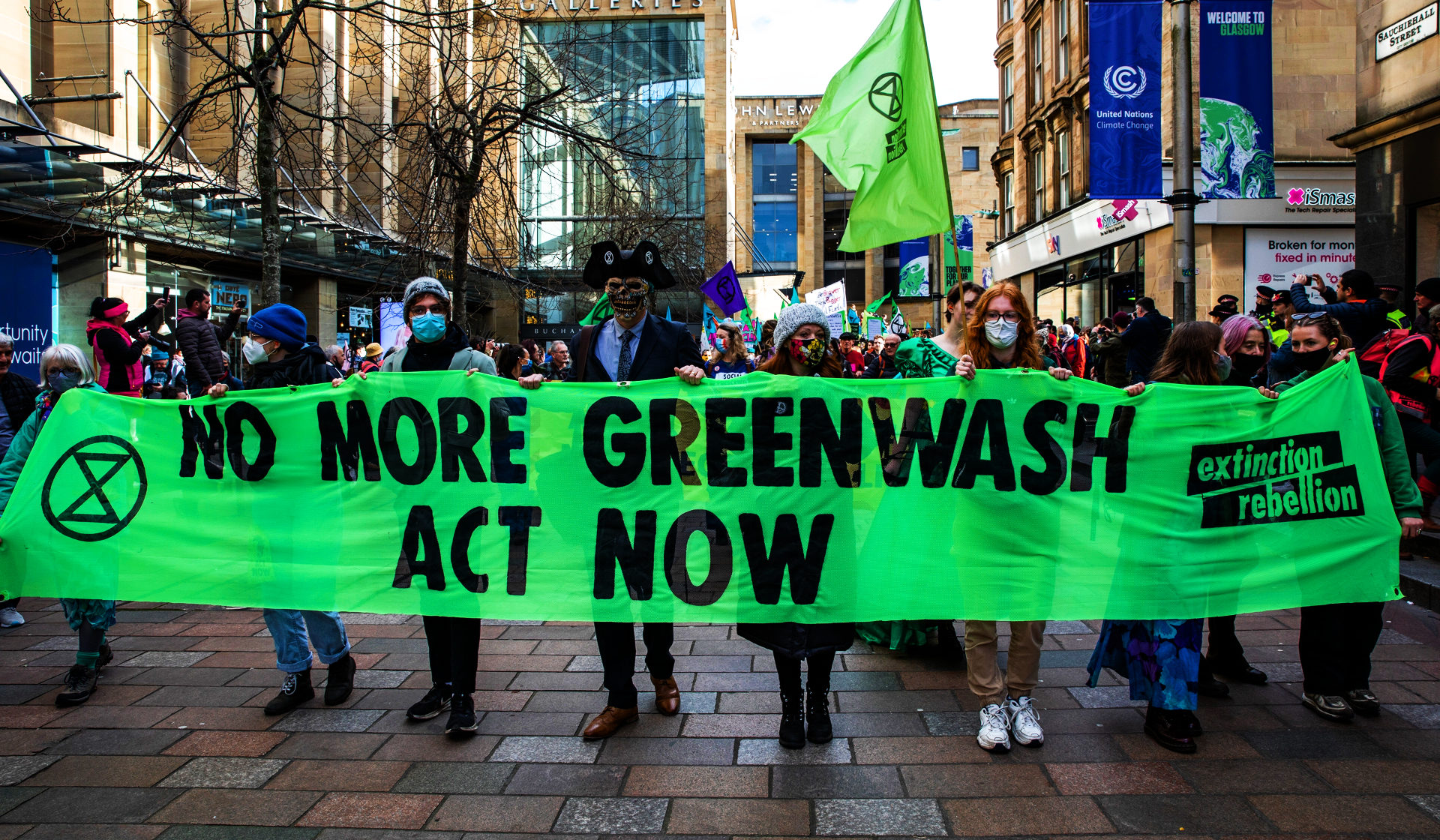In a recent international survey of over 1,400 executives across different industries, two thirds questioned whether their company’s sustainability efforts were genuine. In the US, 68% of CEOs and C-suite leaders admitted to greenwashing.
Given the amount of supposed ‘sustainability’ drives from companies that are full of contradictions, it’s no surprise that associated performance reports are sending mixed messages too.
An anonymous survey conducted by the Harris Poll (for Google Cloud) asked just under 1,500 executives across different industries about their brand’s efforts to control their carbon footprints – the majority of which, have more than 500 employees on their payroll.
80% of those who partook rated their workplace as having an ‘above average’ score for environmental consideration and 93% showed willingness to bank their wages on achieving ESG (environmental, social, and governance) goals. Sounds promising, right?
As expected, however, a further peruse through the stats shows that this appetite is likely embellished. 65% of C-suite leaders revealed that they’ve still no idea on how to make their business practices more sustainable, despite vital climate goals rapidly approaching in 2030.
Now, into the downright offensive bracket. 58% shamelessly admitted that their companies were guilty of greenwashing. In the US, which remains the second largest emitter of carbon dioxide globally, that figure rises to a seriously disappointing 68%.




















